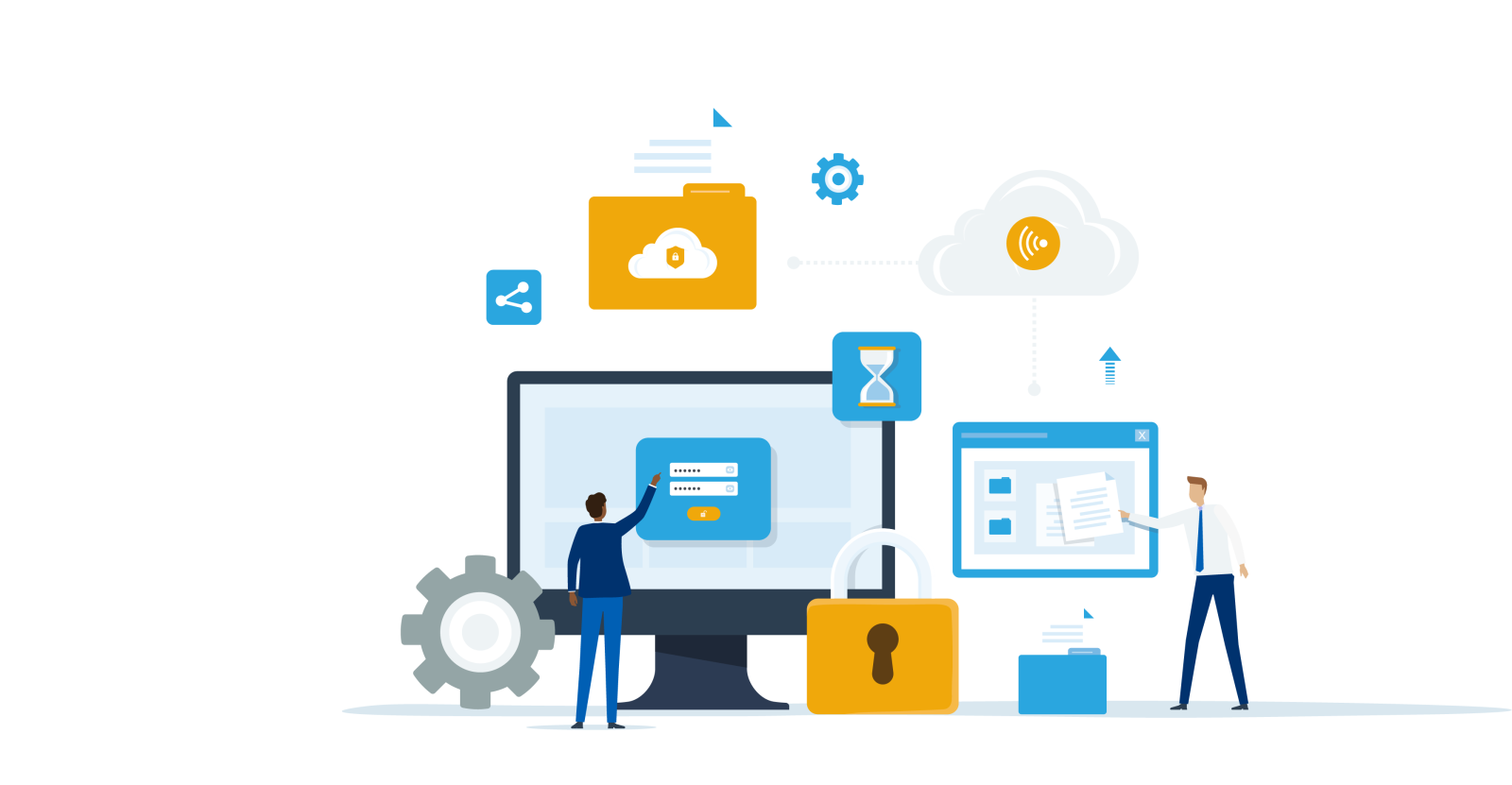Finding the right content at the right time is essential for any R&D-intensive company, but it is equally important to consider how that content is acquired and managed, and when the time is right to consider a literature management software tool.
With so many competing priorities and limited resources, many small to medium businesses (SMBs) may not be thinking about how their information assets are organized, how individual employees are accessing published articles, or the potential risk associated with whether they have the appropriate rights to do so. Even in companies with a dedicated information manager, there comes a point when manually fulfilling requests for published content and confirming rights to reuse that content is no longer feasible, and opportunities are missed to optimize content spend and utilization without the right tools in place.
Whether just launching your information management strategy or looking to take yours to the next level, securing automated, centralized literature management software can provide many benefits to your company such as:
- maximizing the value of your content investments
- streamlining and promoting companywide access to content
- reinforcing copyright compliance
- accelerating the flow of research to drive innovation
If you and your company have decided it’s time to invest in a literature management solution, here are the top questions you should ask when beginning your search.
1. Was the software designed for the corporate market?
While there are many great information management software tools on the market today, some were created for academic or individual users and therefore may not be able to meet the specific needs and unique workflows of corporate teams including medical affairs, regulatory affairs, R&D, and more. Be sure to research the company that built the software and for whom they built it, as well as what is shaping their product roadmap.
2. Is the ability to check permissions fully integrated in your workflow?
While many literature management tools claim they offer an ‘integrated view of copyright permissions,’ different vendors take different approaches to this critical task. Some solutions place a link next to articles that requires the user to manually look up information on available licensed rights using a separate tool. The user may even be required to search again in that second tool in order to check reuse rights information for the relevant content. In comparison, other vendors offer the ability to see accurate licensed rights information at the article level throughout their tools. The difference can make or break a user’s willingness to check content use rights and support an organization’s copyright compliance efforts. Simplifying access to detailed information on copyright permissions for individual users at the point of use not only saves valuable time for busy team members but makes ‘doing the right thing’ as easy as possible.
3. Does the solution offer flexible billing options that meet your needs?
While it’s common for companies to provide centralized access to content from one place, many companies still require the ability to track spend at various levels. For example, does your company need the flexibility to allow certain teams or departments to pay for their own orders, or pay via credit card? Often when an information management team is responsible for their entire company’s literature management system, they must allocate costs to different departments that are the ultimate budget holders. To simplify this process, look for a solution that provides flexible tracking fields, cost controls, and the ability to split invoices to facilitate chargebacks to different teams, departments or cost centers as needed.
4. What level of content reporting does the solution provide?
Hand in hand with your ability to invoice charges to the right place is the ability to monitor usage and spend at a granular level. As more companies look to make data-driven decisions, technology can offer a clearer understanding of how users are interacting with content and what content is most valuable for your company. Some tools provide simple order history reports, while others offer granular, customizable reports on usage as well as powerful visualizations that bring together COUNTER statistics across publisher platforms. Some can even support budget forecasting with analytical and predictive tools. Look for a solution that provides you with the data you need to identify strategic content requirements, spot coverage gaps and demonstrate return on investment for your content spend.
5. How well does the solution handle your direct publisher agreements?
Subscriptions can be complicated, but a comprehensive literature management solution should provide clear insight into every level of subscription management from simple site licensing to the persnickety details of rolling embargoes. An even stronger solution will integrate seamless access to content for users companywide or from site licenses, as well as access to content through pre-paid transactional agreements (tokens) you have put in place. Also, be sure to ask if the solution you are considering provides users with access to actual copies of the content they requested, or if users are simply sent to external websites, on which they will be expected to resolve access issues themselves.
Access our tip sheet for the complete 10 Questions to Ask When Searching for a Corporate Literature Management Solution and see how CCC’s award-winning RightFind Enterprise solution addresses these questions and more.
In the life sciences alone, over 900 companies use CCC products and services. Learn more about how we are meeting the needs of users in corporate environments from startup biotechs to the largest global pharmaceutical companies, across all stages of development with RightFind.


